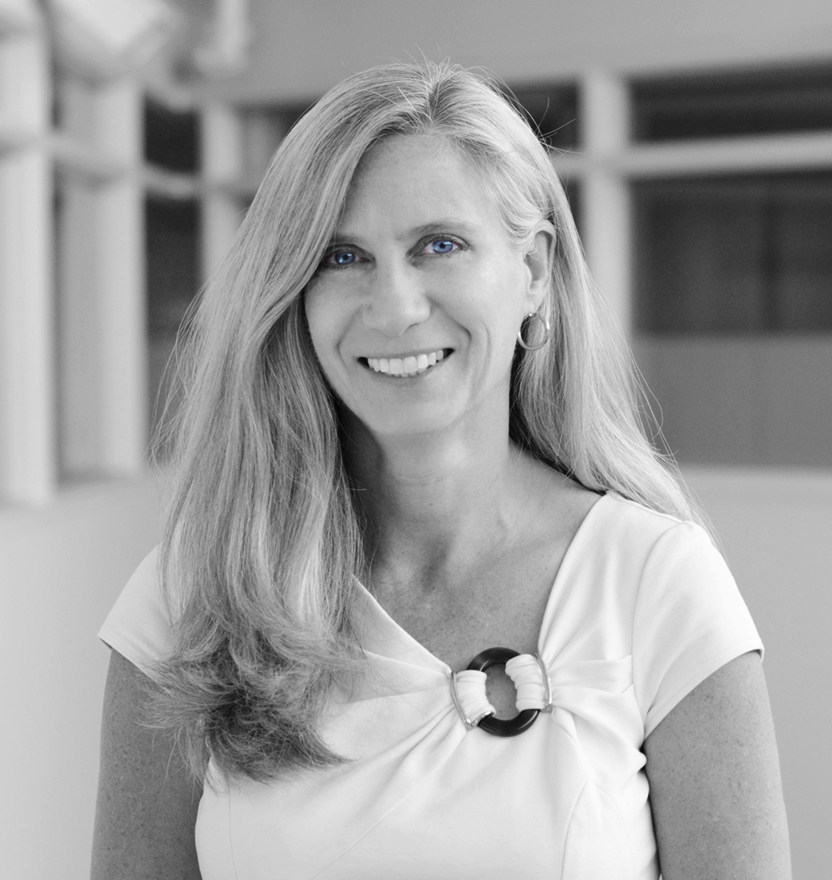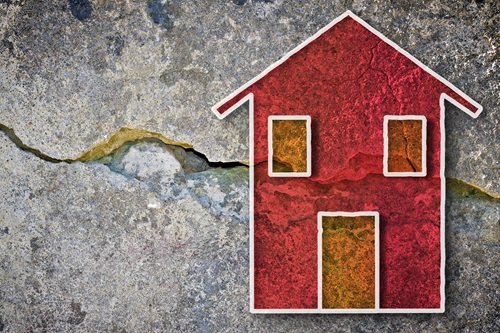An Interview with Cathy Cousins
An Interview with Cathy Cousins
By: Angelica Nuguid
July 2024

Cathy has previous experience on the OMSSA Board as President and currently serves as Past-President.
This interview explores her priorities in human services delivery for Niagara Region, her involvement with OMSSA, and her overall experience and contributions to the human services sector. This interview has been edited and condensed.
OMSSA: As Director of Homelessness and Community Engagement for Niagara Region, what are your priorities in human services delivery for the Region?
Cathy Cousins (CC): My priorities are shared between supporting individuals experiencing
With that goal in mind, and from a broader systems perspective, the team is playing a supporting role to bring systems together and problem solve as a wraparound community in alignment with our housing and homelessness action plan. Players are coming to the table, such as the hospital system, mental health, and police services. We are also working to deliver on our community safety and well-being plan, as homelessness and mental health came forward as key drivers in that work.
OMSSA: Over your career, you have worked in various senior leadership roles. Could you talk about any skills you’ve acquired working in a municipality and any insights you’d like to share?
CC: Naturally, working in a leadership role in a municipal government provides the opportunity to acquire many skills to support working with politicians and community agencies. With Niagara being in a two-tier jurisdiction, with both a regional government and 12 local municipal governments, objectives and goals may not always align. Navigating those waters takes strong communication and negotiation skills. In addition, having had the opportunity to work in the homeless sector in the current very challenging environment, media and public speaking skills are also something that I did not anticipate needing when I first started my career in the municipal world.
OMSSA: As an accountant by trade, you’re experienced in budget planning and financial analysis. Could you talk about how this skill set influences the work you do and if there are any skills or experiences people should have before they enter any of the human services sectors?
CC: Stretching every dollar as far as one can is as important in human services as it is for budgeting 
One example of this is the need to think of funding in the realm of homelessness with a view to return on investment. The sector does not have the financial depth to fund all of the great community work that is out there but has to be focused on those programs that can show outcomes. What I would offer to readers is that leadership in human services needs to have the analytical capacity to work with data, ask the tough questions, and then back their team when difficult decisions need to be made.
OMSSA: You were previously OMSSA President and now you are currently Past-President. Could you elaborate on what inspired your involvement with OMSSA and how does this influence your work in Niagara Region and elsewhere?

With that realization, I made the decision to run for the Board, and I've learned so much from that experience. I met great new colleagues, providing more opportunities for phoning a friend to chat through challenges, share insights, and perhaps vent a little. I would take this moment to encourage all OMSSA Members to offer their services, get involved, and run for board positions.
OMSSA: Reflecting on your career, which one or two achievements do you find most notable, and what makes them stand out to you?
CC: The first I would have to say is the opportunity to have been an OMSSA President
After that, I will say that no one person has accomplishments, but teams have successes. I have been very fortunate in my time to have had an outstanding team and opportunities. During the pandemic, we got the opportunity to try out new ideas to address homelessness. The additional funding combined with a sense of urgency by all levels of government allowed everybody to move faster and explore new territory. From that, Niagara has several new assets, in particular, our Bridge Housing and Recuperative Care Project, which we have presented at the Canadian Alliance to End Homelessness, and we'll be presenting again at various conferences in 2024.
OMSSA: Do you have any additional information or insights you'd like to share with our members that we haven't covered in our discussion?
CC: I think what I will offer is human services work can be difficult and financially frustrating. As government employees, we are held to a higher standard and a set of expectations by the public. But do not let that dissuade you from entering this field. It is extremely satisfying work. Clients can make for heartwarming stories, and the people you will get to work with are outstanding citizens.
OMSSA: Thank you, Cathy.
About the Author

Angelica Nuguid is a third-year Public Relations Student at Humber College joining OMSSA as a Communications Intern as of January 2024.
Blog categories: Interview, Social Services, Human Services Delivery, Homelessness, Leadership, Niagara Region